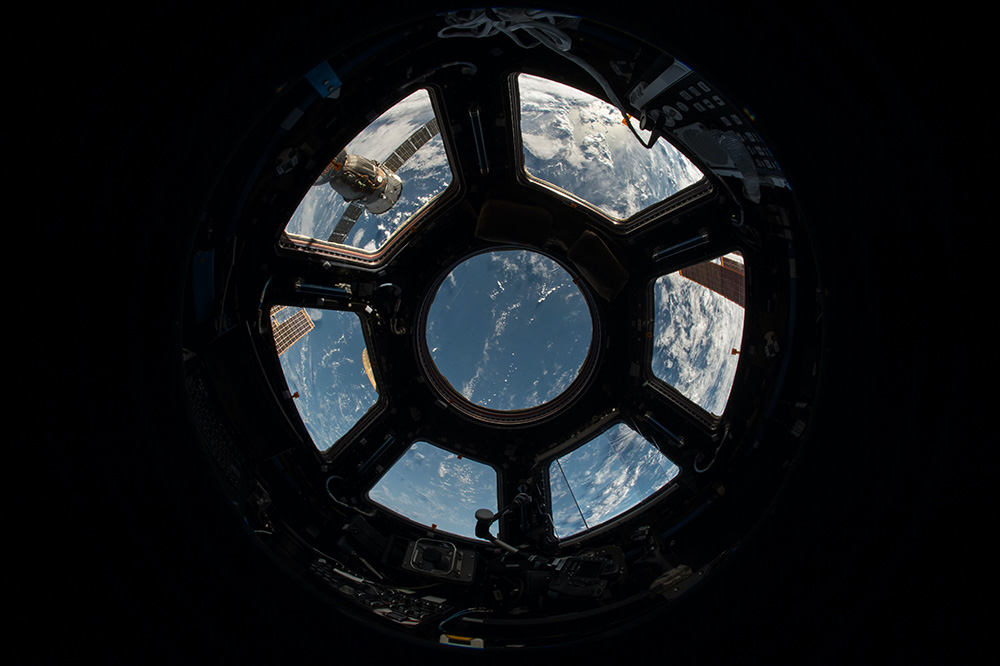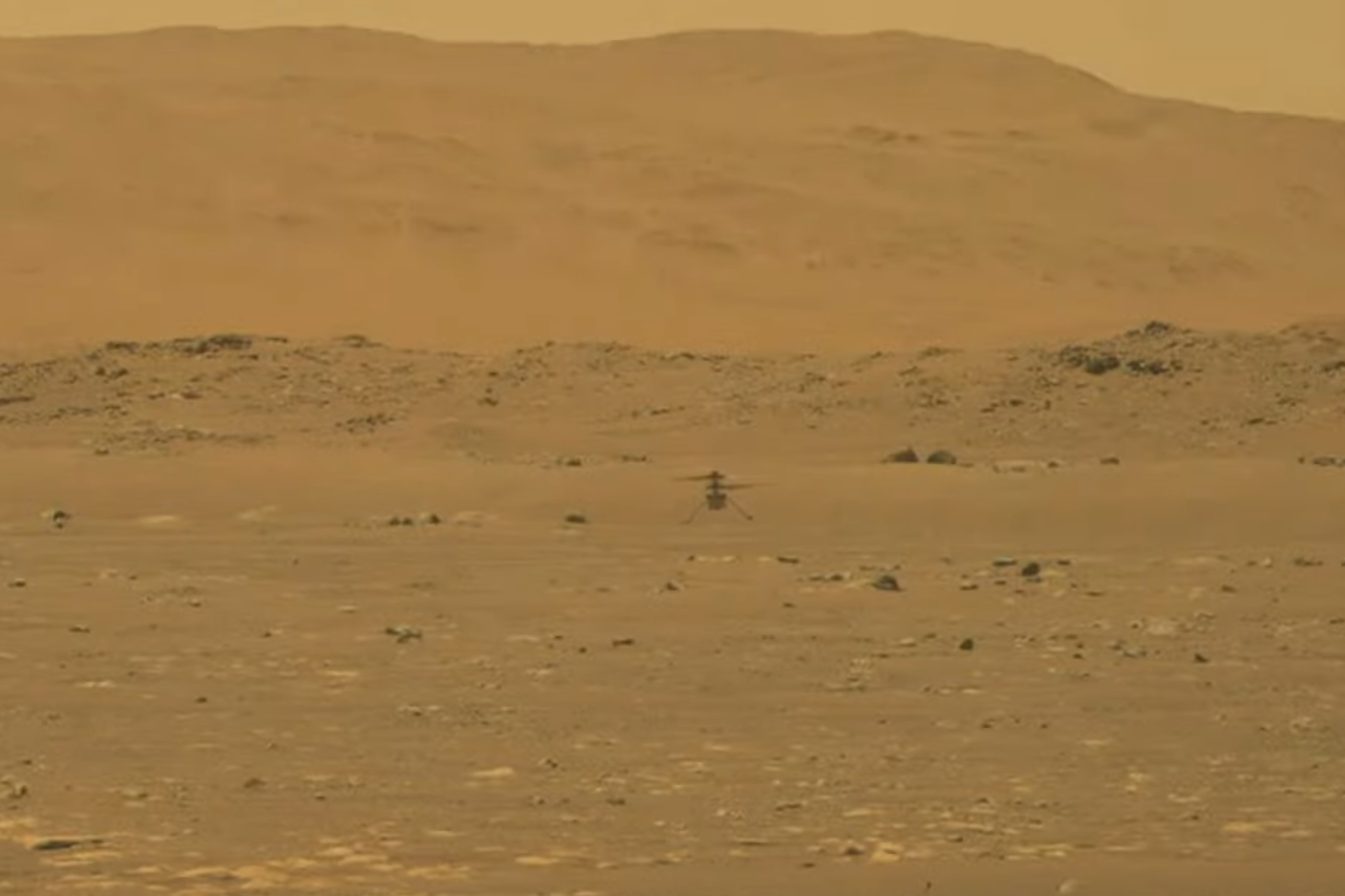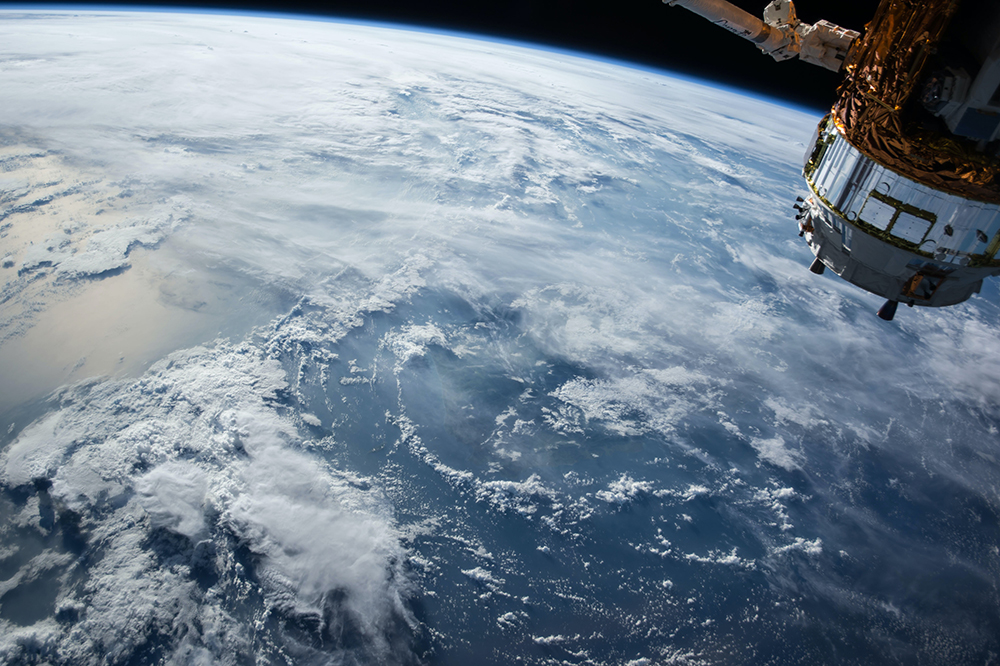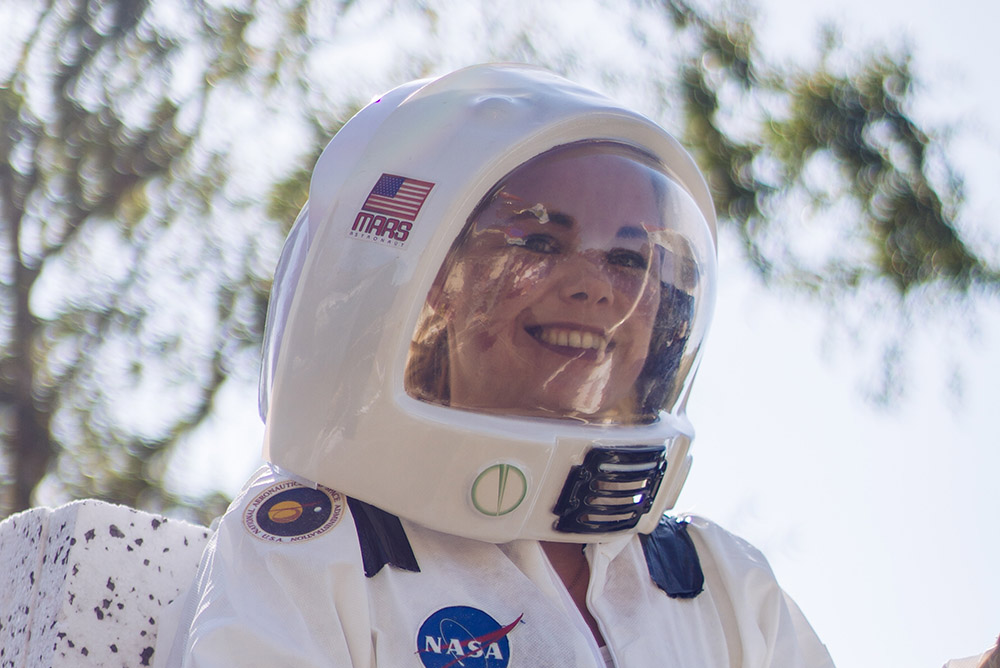In June 2022, the paper “The SPACE THEA Project” by Martin Spathelf and Oliver Bendel was published on arxiv.org. It was presented at the AAAI 2022 Spring Symposium “How Fair is Fair? Achieving Wellbeing AI” at Stanford University and came in 2nd place in the Best Presentation Awards. From the abstract: “In some situations, no professional human contact can be available. Accordingly, one remains alone with one’s problems and fears. A manned Mars flight is certainly such a situation. A voice assistant that shows empathy and assists the astronauts could be a solution. In the SPACE THEA project, a prototype with such capabilities was developed using Google Assistant and Dialogflow Essentials. The voice assistant has a personality based on characteristics such as functional intelligence, sincerity, creativity, and emotional intelligence. It proves itself in seven different scenarios designed to represent the daily lives of astronauts, addressing operational crises and human problems. The paper describes the seven scenarios in detail, and lists technical and conceptual foundations of the voice assistant. Finally, the most important results are stated and the chapters are summarized.” The paper will additionally be published in the proceedings volume of the symposium by the end of summer. It can be downloaded via arxiv.org/abs/2206.10390.
Paper on the SPACE THEA Project
The paper “The SPACE THEA Project” by Martin Spathelf and Oliver Bendel was accepted at the AAAI 2022 Spring Symposia (Stanford University). The two authors will present it at the end of March 2022 at the symposium “How Fair is Fair? Achieving Wellbeing AI”. From the abstract: “In some situations, no professional human contact can be available. Accordingly, one remains alone with one’s problems and fears. A manned Mars flight is certainly such a situation. A voice assistant that shows empathy and assists the astronauts could be a solution. In the SPACE THEA project, a prototype with such capabilities was developed using Google Assistant and Dialogflow Essentials. The voice assistant has a personality based on characteristics such as functional intelligence, sincerity, creativity, and emotional intelligence. It proves itself in seven different scenarios designed to represent the daily lives of astronauts, addressing operational crises and human problems. The paper describes the seven scenarios in detail, and lists technical and conceptual foundations of the voice assistant. Finally, the most important results are stated and the chapters are summarized.” More information about the AAAI 2022 Spring Symposia is available here.
Meet SPACE THEA
SPACE THEA was developd by Martin Spathelf at the School of Business FHNW from April to August 2021. The client and supervisor was Prof. Dr. Oliver Bendel. The voice assistant is supposed to show empathy and emotions towards astronauts on a Mars flight. Technically, it is based on Google Assistant and Dialogflow. The programmer chose a female voice with Canadian English. SPACE THEA’s personality includes functional and emotional intelligence, honesty, and creativity. She follows a moral principle: to maximize the benefit of the passengers of the spacecraft. The prototype was implemented for the following scenarios: conduct general conversations; help the user find a light switch; assist the astronaut when a thruster fails; greet and cheer up in the morning; fend off an insult for no reason; stand by a lonely astronaut; learn about the voice assistant. A video on the latter scenario is available here. Oliver Bendel has been researching conversational agents for 20 years. With his teams, he has developed 20 concepts and artifacts of machine ethics and social robotics since 2012.
One Small Flight for Ingenuity
“That’s one small flight for Ingenuity – one giant journey for mankind.” This can be said after the successful experiment on 19 April 2021 with the tiny helicopter on Mars (photo: screenshot from NASA livestream). Ingenuity flew vertically into the air, took a selfie with its shadow, and landed safely back on the ground. The red planet is associated with many expectations and aspirations. At the moment, the surface is being explored in an unprecedented way. In a few years, humans are expected to travel to Mars. In doing so, they will also need advice and support. Because the personnel on Earth are far away, a voice assistant is a possible solution. SPACE THEA is a voicebot that shows empathy (but doesn’t have it, of course). Like GOODBOT and BESTBOT, she recognizes user problems – but unlike those chatbots, she has a voice. SPACE THEA will be developed until August 2021 under the supervision of Prof. Dr. Oliver Bendel at the School of Business FHNW. The project aims to cover several scenarios on the flight to Mars. However, a voicebot could also be useful on the planet itself, for example to control a tiny helicopter.
Swiss Space Days 2020
The Swiss Space Days offer – according to the responsible persons – a platform to exchange experiences and to support cooperation. It is possible to listen to prominent speakers involving ESA directors, representatives of Swiss companies and of the Large European System Integrators. “A high level panel is closing the morning session of the first day. In the afternoon of the first Day, a session will cater to the needs of companies and a parallel session will address the interests of the scientific community. The second day is dedicated to space applications and downstream services using Earth Observation, Telecom and/or Navigation data. A panel with representatives of institutional programmes and of user companies will conclude the Swiss Space Days …” (Website Swiss Space Days) On the marketplace there are several offers and requests for partnerships and research cooperations, for example regarding IGLUNA (“IGLUNA is a platform gathering students from all around the world to demonstrate innovative space technologies”) and the voicebot SPACE THEA (“SPACE THEA is designed to accompany astronauts to Mars and to show them empathy and emotions.”). More information via ssd2020.b2match.io.
Towards SPACE THEA
Social robots are robots that come close to animals and humans, interact and communicate with them. They reproduce characteristics of animals and humans in their behavior and appearance. They can be implemented both as hardware robots and as software robots. The SPACE THEA project should have already started in March 2020. Because of COVID-19 it had to be postponed. Now Prof. Dr. Oliver Bendel starts with the preparatory work. In spring and summer 2021 the programming of the voicebot is then carried out. SPACE THEA is designed to accompany astronauts to Mars and to show them empathy and emotions. In the best case, she should also be able to provide psychological counseling, for example, based on cases from the literature. The project will use findings from social robotics, but also from machine ethics. The results will be available by autumn 2021.
SPACE THEA
Space travel includes travel and transport to, through and from space for civil or military purposes. The take-off on earth is usually done with a launch vehicle. The spaceship, like the lander, is manned or unmanned. The target can be the orbit of a celestial body, a satellite, planet or comet. Man has been to the moon several times, now man wants to go to Mars. The astronaut will not greet the robots that are already there as if he or she had been lonely for months. For on the spaceship he or she had been in the best of company. SPACE THEA spoke to him or her every day. When she noticed that he or she had problems, she changed her tone of voice, the voice became softer and happier, and what she said gave the astronaut hope again. How SPACE THEA really sounds and what she should say is the subject of a research project that will start in spring 2021 at the School of Business FHNW. Under the supervision of Prof. Dr. Oliver Bendel, a student is developing a voicebot that shows empathy towards an astronaut. The scenario is a proposal that can also be rejected. Maybe in these times it is more important to have a virtual assistant for crises and catastrophes in case one is in isolation or quarantine. However, the project in the fields of social robotics and machine ethics is entitled “THE EMPATHIC ASSISTANT IN SPACE (SPACE THEA)”. The results – including the prototype – will be available by the end of 2021.






